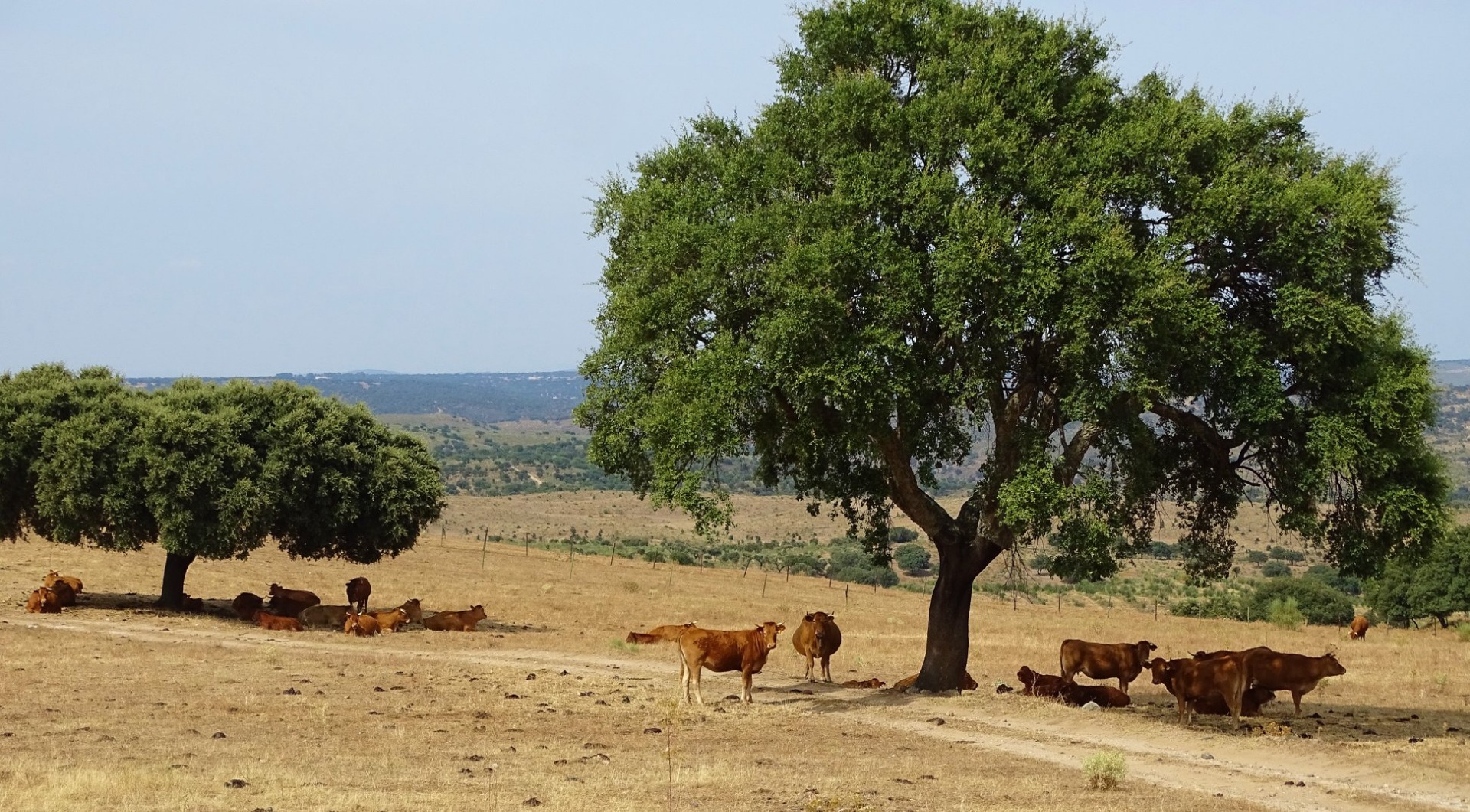STRINGS Stages & Tasks
STRINGS Methodological Tasks
First Stage
Task 1
The first task is devoted to the literature review in order to refine the theoretical framework and to contribute to an adequate operationalization of the main concepts which will sustain all the research techniques' construction and application as well as data analysis.
Task 2
This stage also comprises the collection of data to first typify the specialty stores present in the central and historical centers of the cities of Aveiro, Lisbon and Porto. A small questionnaire will be used to collect information and data will be analysed through Exploratory Data Analysis. The results of this task will allow selecting the stores to be analysed in further detail in the following stage.
Second Stage
Task 3
Task 3 will involve the selection of stores to be interviewed through a semi-structured interview, as well as the content analysis of data. This task overlaps with
Task 4
which is devoted to the collection and content analysis of the promotional materials used to sell traditional local foodstuffs.
Task 5
Both previous tasks will overlap with task 5 that is devoted to collect preliminary information on the stores' customers, such as origin and social-economic characteristics, and their consumption practices that encompass the acquisition, appropriation and appreciation of local food purchases. This particular information will be collected through a small questionnaire and the resulting data will be analysed through multivariate statistical analysis and social network analysis.
The evidence gathered within these tasks will allow to further understand the commercialization processes and to broadly outline the paths taken by local food products from production to consumption, as well as to shed some light on consumers' motivations and practices. The results achieved will allow selecting the case studies to be examined during the third stage.
Third Stage
Task 6
Third stage corresponds to STRINGS' third level of analysis and it aims to perform a detailed examination of the production, commercialization and consumption processes related to specific case studies that are representative of the types of stores previously identified and interviewed. In these cases, the geographical circuits from production to consumption will be further analysed through a gravity model. This comprehensive examination will allow the understanding of the consequences for rural territories regarding their attractiveness, their reconfiguration processes and social and economic valorisation, sustainability, as well as the creation of new rural-urban relationships.
Case studies will vary between 2 and 5, depending on the typification of stores (tasks 2 to 5), and they will be selected based on the type of products sold, distribution channels used, promotion activities and materials used, geographical location and consumers' practices. Within this task a variety of techniques will be applied, namely collection of detailed data on producers, distributors and consumers; questionnaires to producers, distributors and consumers as well as cartographic representations of the geographical circuits. Data will be analysed using univariate, bivariate and multivariate (spatial) statistical techniques.
Fourth Stage
Task 7
In the fourth stage a reassessment and global integration of STRINGS results (task 7) will be performed in order to produce knowledge on the role that specialty stores may have in the revitalization of local food products in rural areas. Special attention will be paid to the potential for such revitalization to establish new and more rewarding relationships between the town and the countryside, which may contribute to reducing the persistent asymmetries between Portuguese inland and coastal areas. Within this task a Workshop will be organized involving traditional or local food products' retailers, producers, distributors, consumers and regional and local agents interested in promoting those products. The Workshop will represent an opportunity to debate and compare STRINGS' results and to propose more efficient strategies to improve the communication and relationships between all the actors involved, and to foster rural-urban liaisons. A document containing a set of guidelines to inform socioeconomic development policies (particularly the ones oriented to rural territories' development) will be produced.
Task 8
The final task will be devoted to the dissemination of STRINGS overall results, through an international conference and a book publication. Based on the previous tasks, STRINGS expects to demonstrate the opportunities presented by selling rural local products in urban contexts to foster agricultural production, rural development and new interactions between rural and urban Portuguese territories, to reduce the persistent asymmetries of the country, contributing to territorial cohesion and balance.

